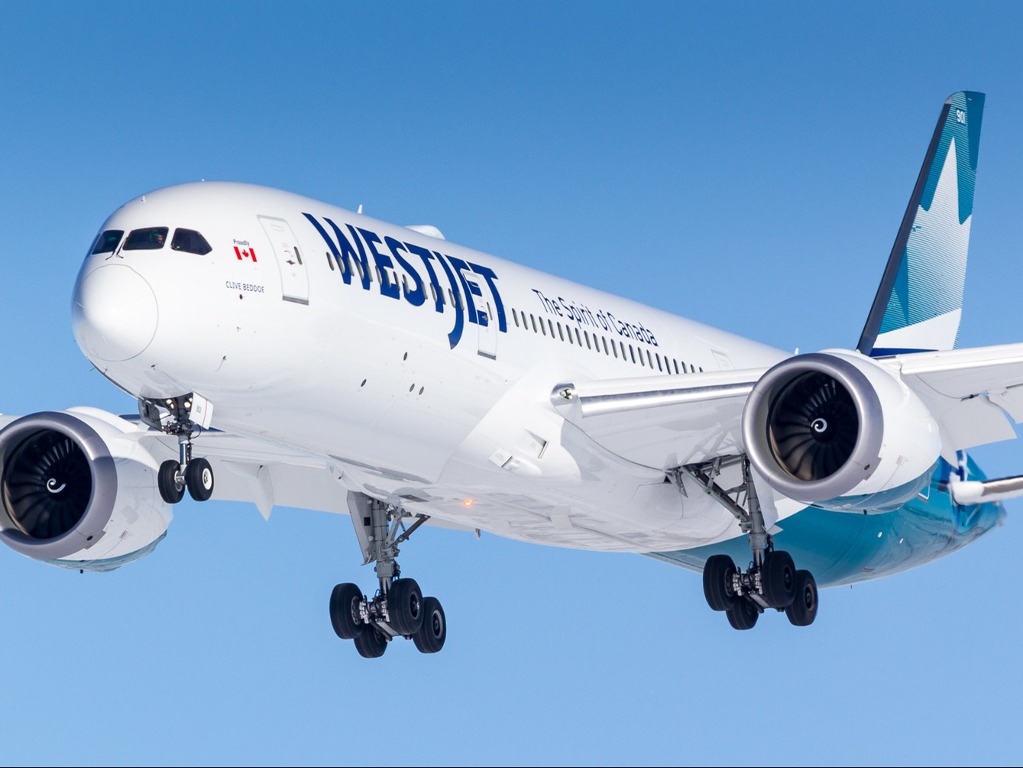Brexit: Travel Faces The Consequences
The consequences of Brexit, the UK’s decision to leave the European Union (EU) following the country’s referendum on June 23, will be far-reaching for the entire EU travel market, according to consumer insight firm Canadean.
This is largely due to Europe being the UK’s biggest tourist inbound market, with more than 60% of its visitors coming from inside EU member states.
According to the World Travel and Tourism Council (WTTC) there are over 4.3 million people employed by the UK tourism industry, with travel and tourism directly contributing 3.4% to the UK’s GDP for 2015. Considering tourism’s importance to the country’s economy and labour force, Brexit poses a particular threat to its travel and tourism market, as it is so intrinsically linked to the faith of the EU economy.
Nearly three-quarters of business visitors come from the continent and, according to the UK Department of Transport, EU countries contribute over 85% of the total passenger traffic to UK ports. In aviation, travel to EU destinations accounts for 64% of the UK passenger outbound flow. In this way, it is clear that the UK’s tourism industry is heavily invested in the faith of the EU project.
Gillian Kennedy, Ph.D., analyst for Canadean, says, “Consumer protections instigated by the EU, such as the European Health Insurance Card, could also be at risk. Indeed, the Association of British Travel Agents pointed out that UK consumers could risk losing financial protection for compensation for flight delays, alongside caps on mobile phone charges. Flight compensation is currently paid for long delays on departures from EU airports.
“Following Brexit, airlines may no longer be bound by this legislation. There is also the issue that Britain may be forced out of the Open Skies EU agreement, which keeps air fares relatively cheap. Again, there is no concrete decision to be made for this until Britain’s exit negotiations with the EU take place over the next two to three years.”
It is also worth noting that EU citizens make up to 5.9% of the total UK workforce, and for tourism they are an integral part of the hospitality labour force due to the flexible work it offers. The UK tourism industry faces long-term concerns regarding visa access, airline costs and labour shortages, while an immediate concern is the strength of the pound versus other currencies.
However, Kennedy concludes, “Overwhelmingly, as with other industries in the UK, the travel sector faces uncertainty as we await the UK government’s exit negotiations with the European Union over the coming years.”



